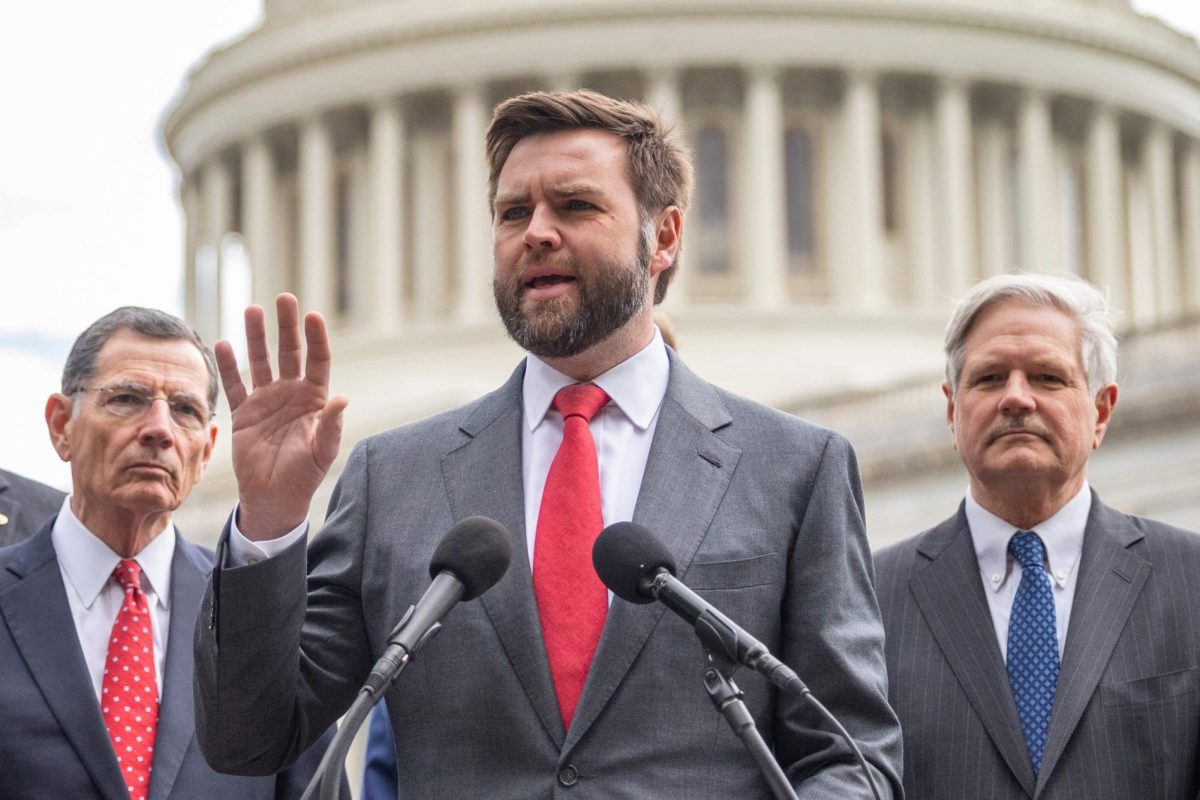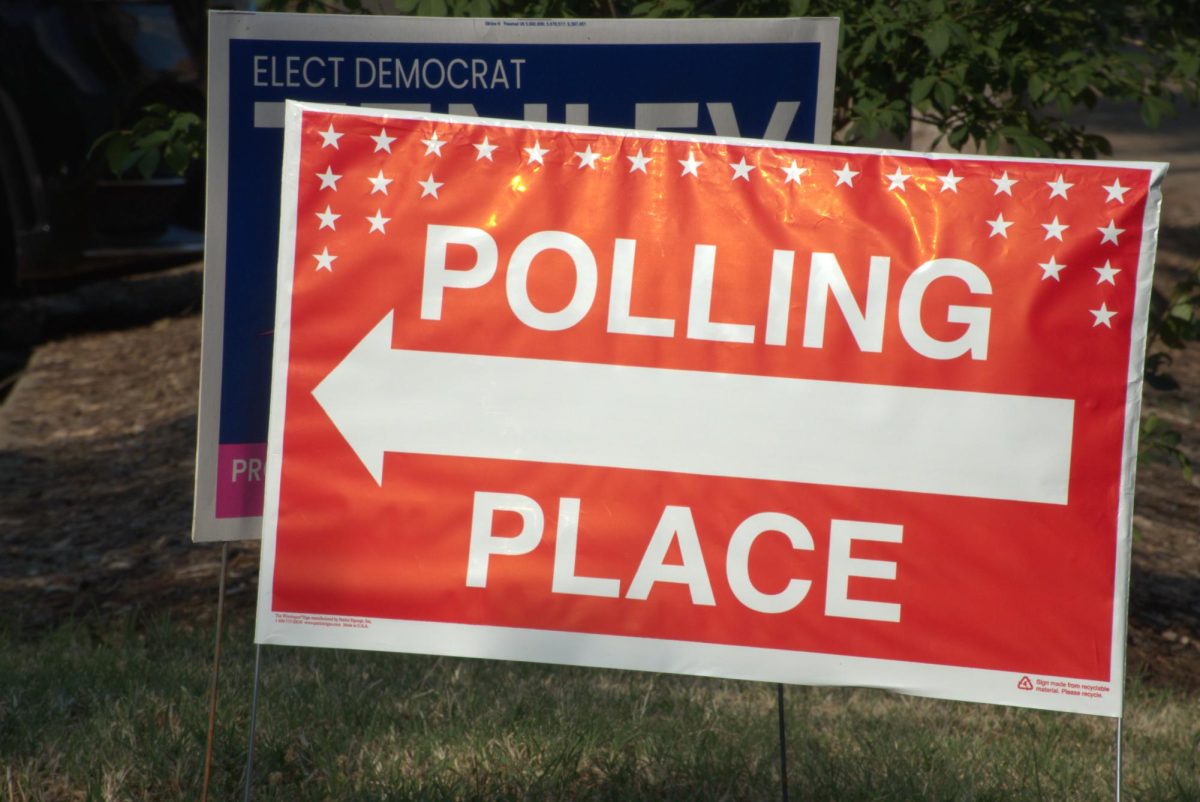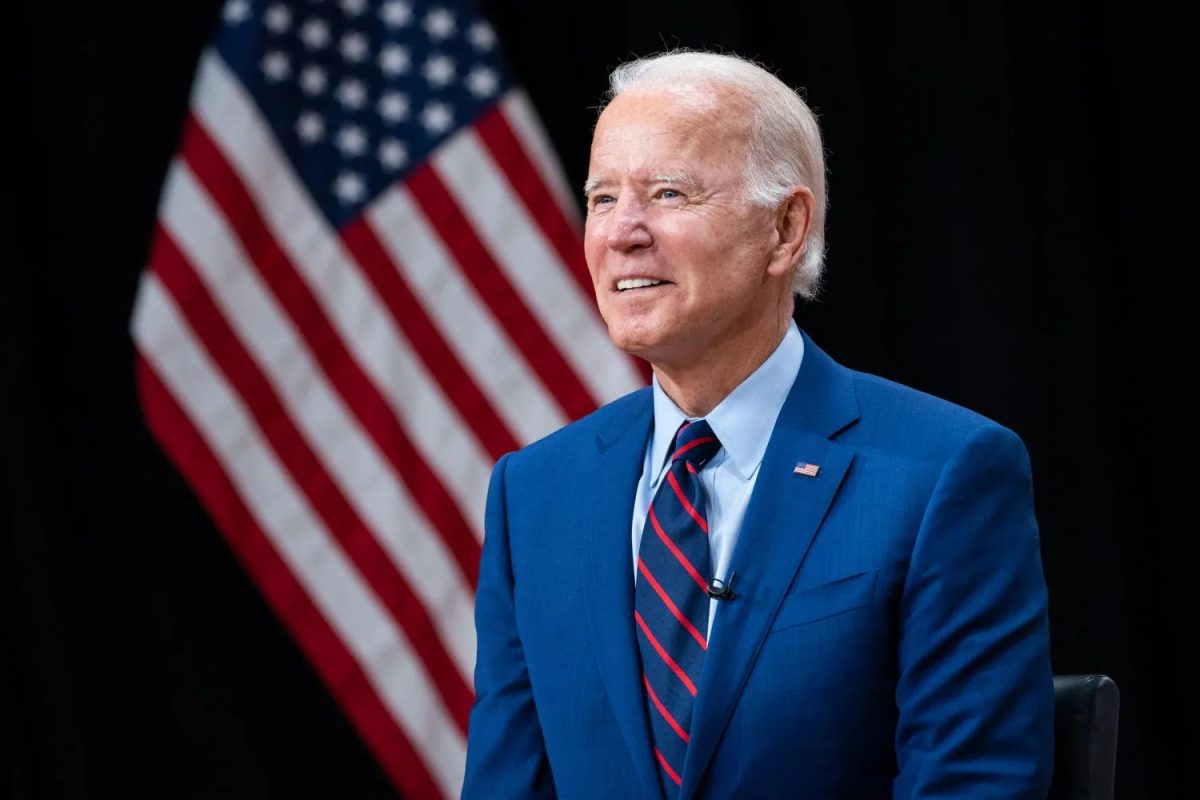Washington – Oklahomans in the U.S. House voted along party lines as that chamber approved a major defense bill, setting up a battle with the Senate where Sen. Jim Inhofe’s bill earlier sailed through with bipartisan support.
On a 220-197 largely party-line vote on the National Defense Authorization Act, Rep. Kendra Horn (D-OK05) voted for the bill while Reps. Kevin Hern (R-OK01), Markwayne Mullin (R-OK02), Frank Lucas (R-OK03) and Tom Cole (R-OK04) voted against it.

A member of the House Armed Services Committee, Horn singled out provisions in H.R. 2500 to fund critical new military equipment, increase accountability to ensure defense dollars will be spent wisely such as her provision requiring an audit of all depot maintenance sole source contracts and a 3.1-percent pay raise for the troops.
Oklahoma Republicans criticized the House bill as too partisan.
“For nearly 60 years, members on both sides of the aisle have come together to authorize funding for our nation’s military personnel, readiness and operations,” said Cole, a veteran lawmaker. “I’ve never voted against the annual National Defense Authorization Act because it’s always been a bipartisan product that rightly affirms support for our troops and the critical resources they need to be Effective.”
Lucas warned the House Democrats’ approach would undermine the nation’s defense, pointing to proposed cuts in personnel accounts and programs critical to deterring Russian and Chinese aggression.
Noting the threat of a veto of the House bill from the White House, Hern expressed thanks for Inhofe’s leadership in the Senate where his bill passed by a vote of 86 to 8.
“Sen. Inhofe is fully dedicated to getting our military the funding they deserve, and I truly believe his version of the bill is the one that will become law,” he said.
Mullin accused House Democrats of putting politics before the troops.
On other matters during the week, Inhofe helped sound an alarm that failure to reach a budget agreement would devastate the nation’s military and Lankford and Cole joined a legislative effort to repeal obsolete laws that led to some of the darkest chapters in history for Native Americans.
Republicans senators seek two-year budget deal
Inhofe joined with Sen. David Perdue (R-Ga.) and other Republicans senators in a letter encouraging the Trump administration to reach a two-year budget agreement with top congressional leaders.
That effort came about just before Senate Majority Leader Mitch McConnell (R-KY) said time was running out on talks on a budget agreement that would avoid a chaotic end of the current fiscal year on Sept. 30.
“It is time that we got serious on a bipartisan basis to try to work this out and not have the kind of chaos that goes along with our inability to come together on these kinds of important issues,”
McConnell told reporters.
Not only would a budget agreement keep the fiscal year 2020 appropriations cycle on track and avoid a government shutdown on October 1, it also would prevent significant spending cuts from
kicking in before the end of the year.
Without a deal, McConnell said members of Congress and the Trump administration would have to decide whether they wanted a short-term or long-term continuing resolution to keep the government open and a long-term or short-term increase of the debt ceiling.
Lankford, Cole seek repeal of discriminatory laws
Lankford and Cole signed onto bills to repeal several obsolete laws that in the past discriminated against Native Americans, including those used to remove Native American children from their homes to be sent to boarding schools and subject Native Americans to forced labor.
“While dark chapters in our history cannot be erased, I am encouraged that the RESPECT Act would do away with some discriminatory policies toward Native Americans that are still written in federal law,” said Cole, a member of the Chickasaw Nation of Oklahoma.
“Though no longer enforced, these laws are a painful reminder of the past suffering and poor treatment experienced by Native Americans.”
Lankford said the RESPECT Act would address “some of our nation’s previous belittling of Native Americans through our laws.”
Cole and Lankford voiced support for the Repealing Existing Substandard Provisions Encouraging Conciliation with Tribes Act, which was introduced in the Senate by Sen. Mike Rounds (R-S.D.) as S. 2071 and in the House by Rep. Tom O’Halleran (D-Ariz.) as H.R. 3684.






